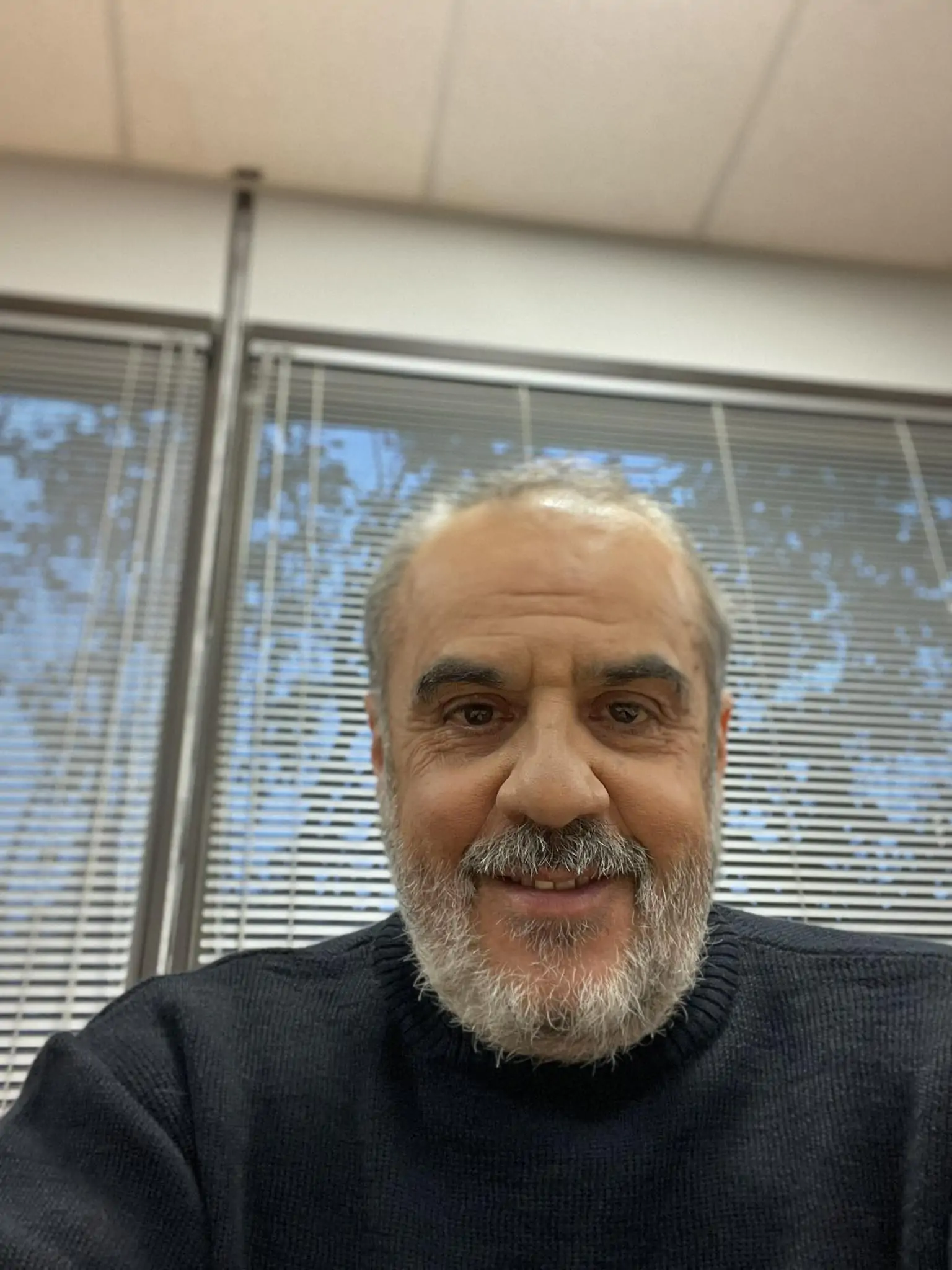I Was Meant to Live

My name is Antonis Psaroudakis. I am 58 years old, a father of three children, and a retired Officer of the Hellenic Navy. Today, I serve as Vice President of the Panhellenic Association of Cardiac Patients of the Armed Forces and Friends of Greece.
Due to my professional status as an active-duty military officer, I was required to undergo annual medical check-ups throughout my career. Despite that, nothing alarming was ever detected. Everything always appeared normal.
Three years ago, during what I thought was a routine visit to my cardiologist to adjust my blood pressure medication—since I had recently quit smoking—I casually mentioned that I’d get short of breath when bending down to tie my shoelaces. He laughed and attributed it to the weight I had gained after quitting. Still, he recommended a CT coronary angiography, just as a precaution due to my age.
I went through with the scan. When I saw the results, something inside me told me things weren’t right. I’m not a doctor, but my instincts warned me. I contacted my cardiologist immediately. He said:
"Come to my office tomorrow morning with all your results. Don’t worry—we caught it in time."
The next day, he gave me the news I never expected: I had a congenital heart defect—a structural abnormality present since birth, completely undetected until now. After a lifetime of service, stress, sleepless nights, smoking, and physical strain, I realized I had unknowingly been walking a fine line. The threat of sudden cardiac death was very real.
I was lucky. I was meant to live.
That diagnosis turned my life upside down. And if I was able to stay strong, it was largely thanks to my wife, Eleni. She is an Officer in the Hellenic Navy, an iconographer, and above all, the woman who stood by me with unwavering love and strength from the moment of my diagnosis and every day since. Her support—emotional, practical, and spiritual—was and remains essential to my recovery and adaptation.
Since then, I’ve devoted myself to volunteer work, public awareness, and advocacy. I openly share my experience and advocate for the inclusion of CT coronary angiography in the mandatory medical exams for candidates entering military academies and physical education faculties. It is unthinkable to me that young people entering professions of high physical demand are not screened for potentially fatal heart conditions.
I am not just a diagnosis. I am a living story, and I hope that by telling it, I can help others catch the signs early—maybe even save a life.
Because even a seemingly “funny” symptom can hide a truth that saves.
Don’t ignore your heart. Listen to it.
For me, it wasn’t too late.